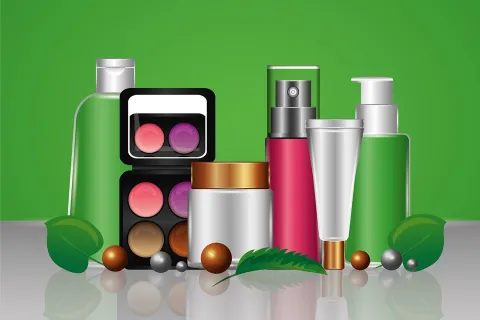
As per the European Union (EU) regulations, any cosmetic product that is to be sold within the EU must have a designated Responsible Person (RP) who is responsible for ensuring that the product complies with all the applicable regulations. The RP must be located within the EU and must possess enough technical knowledge about the product in question. Companies that do not have an EU presence must appoint a third-party RP to fulfil this obligation.
However, is it worth using a third-party RP? Does it pay off to outsource RP responsibilities? The answer to this question depends on a variety of factors.
First, using a third-party RP may provide significant benefits in terms of cost savings. Hiring a full-time Companies may find it difficult and expensive to hire RPs from outside the EU, especially smaller companies that are just starting out. By using a third-party RP, companies can avoid the cost of hiring a full-time employee and can instead pay for only those services that they need. This in turn can help companies reduce their overhead costs and to stay competitive in the market.
Second, using a third-party RP may provide access to specialized knowledge and expertise. A reputable third-party RP will have a team of experts who are familiar with the latest Regulatory requirements in the market and who can thus advice on how to ensure compliance. This is particularly valuable for companies that are new to the market or that are unfamiliar with the specific regulations governing their products.
Third, using a third-party RP may help companies mitigate risk. A reputable third-party RP will have a track record of compliance and will have established procedures in place to ensure that their products meet all the applicable regulations. Companies can thereby avoid costly mistakes and ensure that their products are safe and effective.
However, there are also obvious potential drawbacks to using a third-party RP. For example, companies may have little control over the RP’s activities than they would have if they had in-house RPs. Additionally, there may be concerns about the confidentiality of proprietary information that the company shares with the RP since the latter is, after all, an outsider.
Overall, the decision of whether to use a third-party RP depends on a variety of factors, including the company’s size, the complexity of its products, and its overall risk tolerance. Thus, companies that are considering using a third-party RP should carefully evaluate the benefits and drawbacks of this approach and only then should choose a reputable provider with a proven track record of compliance.
To avoid legal repercussions in the EU market, it is crucial to stay compliant with the EU regulations. Consult a Regulatory expert like Freyr for RP services for your cosmetic products!









